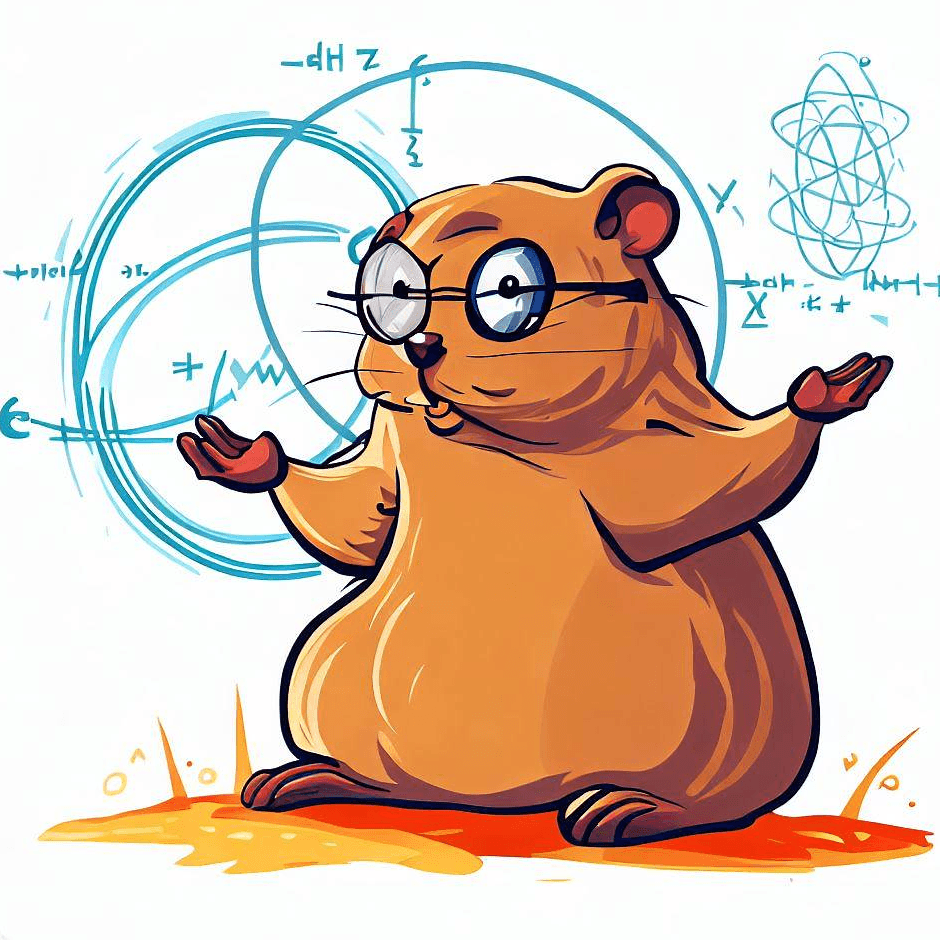
Can you explain more about the Big Bang theory and how it led to the origin of the universe?
Certainly! The Big Bang theory proposes that the universe originated from an extremely hot and dense singularity. Approximately 13.8 billion years ago, a rapid expansion occurred, leading to the formation of space, time, and matter. As the universe expanded, it cooled down, allowing the formation of atoms, galaxies, and eventually stars and planets. This theory is supported by various pieces of evidence, such as the observation of cosmic microwave background radiation, the abundance of light elements, and the redshift of galaxies, which indicate an expanding universe. 🌌🔭
Imagine the universe as a cosmic balloon that was once compressed to a tiny dot. Then, someone (or something) gave it a good ol' squeeze, causing it to expand and cool down. This expansion gave birth to everything we know, including you, me, and even the tardigrades that can survive in space! So, in a nutshell, the Big Bang theory tells us that the universe started from this mind-blowingly small and hot singularity, and the subsequent expansion set the stage for the vast expanse of space we call home. 🌠🎆
- How do scientists know about the existence of the singularity?
- Can you explain the concept of cosmic microwave background radiation in more detail?
- What other evidence supports the Big Bang theory?
- How does the theory of inflation relate to the Big Bang theory?
- What happened in the moments immediately after the Big Bang?
- Can you elaborate on the formation of galaxies and stars after the Big Bang?
- Is the expansion of the universe still happening today?
- Are there any alternative theories to the Big Bang?
- Can you discuss the concept of dark matter and its role in the universe?
- How does the Big Bang theory align with the concept of time?